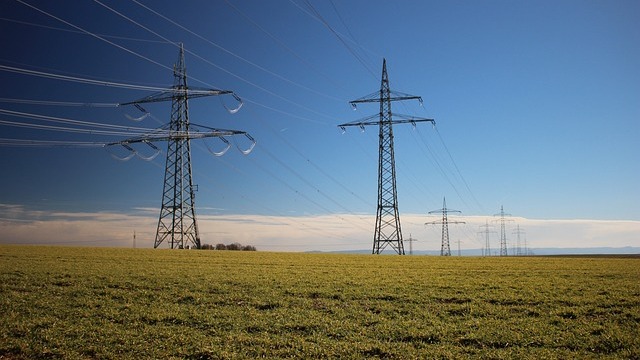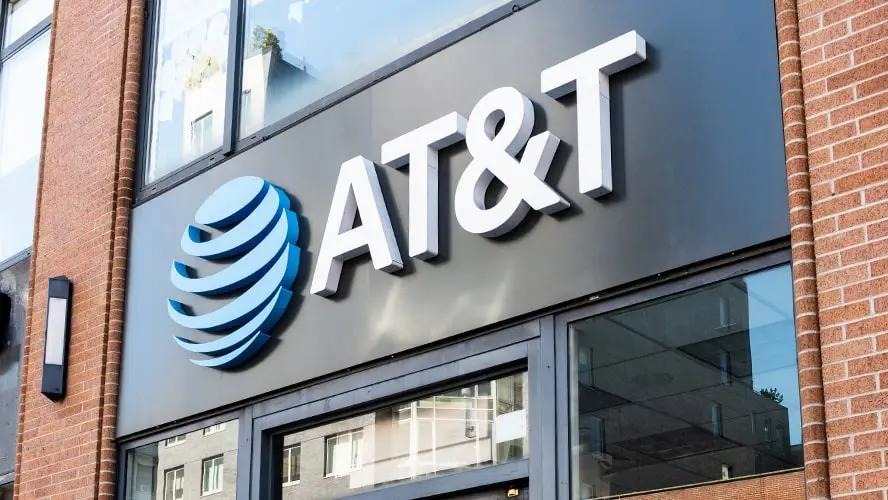
The Ongoing Battle Over Broadband Access in West Virginia
In a significant ruling, the West Virginia Public Service Commission (PSC) has sided with internet service providers (ISPs), particularly Comcast Cable Communications, in a dispute over who should bear the cost of pole replacements when new broadband equipment is attached. This ruling is part of a broader discussion about improving broadband access, which many homeowners and renters are actively seeking amidst increasing connectivity demands.
The Core Controversy: Who Pays for Pole Replacements?
The crux of the issue revolves around whether ISPs or electric utilities are financially responsible for the modifications needed on utility poles to facilitate broadband expansion. The PSC ruled that Appalachian Power cannot enforce a prior policy that unfairly shifted costs onto ISPs, especially when the problems originated from other previous attachments or the pole's non-compliance with existing safety standards.
The ruling directly references a recent FCC order, which reinforced that pole owners cannot charge new attachers for replacements stemming from pre-existing violations. For homeowners who are eager to access faster internet services, such rulings may lessen the financial burden on ISPs and potentially expedite the deployment of broadband services.
The Implications for Homeowners and Broadband Access
For residents tired of sluggish internet connections, this decision is a turning point. As ISPs face fewer regulatory barriers, they may be more likely to invest in expanding their networks. In West Virginia, where access to high-speed internet can be sporadic and limited, this ruling signifies hope for many who live in underserved areas.
Comcast's complaint highlighted that Appalachian Power's stringent policies impeded the timely rollout of new internet services, which clearly shows the delicate balance between utility companies and ISPs. If these issues can be resolved, it would allow residents to finally enjoy the broadband services they deserve.
The Bigger Picture: Broadband as a Utility
The PSC's decision is more than just a local issue; it reflects a national trend in how broadband is viewed as a necessary service similar to water and electricity. The increasing demand for high-speed internet has pushed policymakers to rethink regulations traditionally tied to legacy utilities. Homeowners and renters alike are benefitting from this shift, as faster internet access can lead to better work-from-home capabilities, educational opportunities, and overall connectivity.
What Lies Ahead in the Broadband Fight?
The PSC has also established a Pole Attachment Working Group to further address ongoing issues, including timelines for make-ready work and cost allocations. The goal is clear: streamline the attachment processes and provide equitable solutions that benefit ISPs and consumers alike.
The cooperation between ISPs and electric utilities will be crucial in making faster internet a reality across the state. As more regulations come into play, homeowners and renters should stay informed about how these changes may affect their access to broadband, thereby actively participating in the public discourse surrounding broadband development.
Get Informed: The Future of Your Internet Service
The outcome of this ruling and ongoing discussions at the PSC could shape the internet landscape for years to come in West Virginia. Homeowners and renters looking for options should stay engaged with local developments, as these policies directly impact service availability and quality.
Understanding the dynamics between ISPs and utility providers is crucial to navigating the future of internet access in your area. It’s essential to be informed and proactive as more solutions roll out, ensuring you receive the high-speed connectivity you need.
 Add Row
Add Row  Add
Add 




Write A Comment